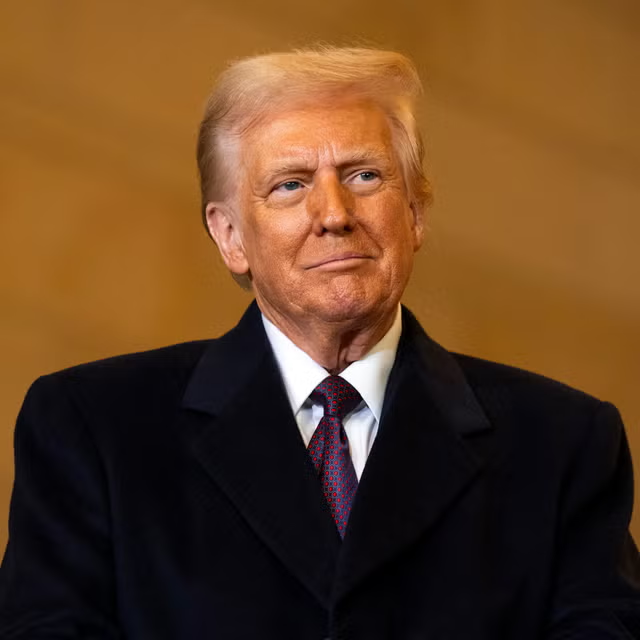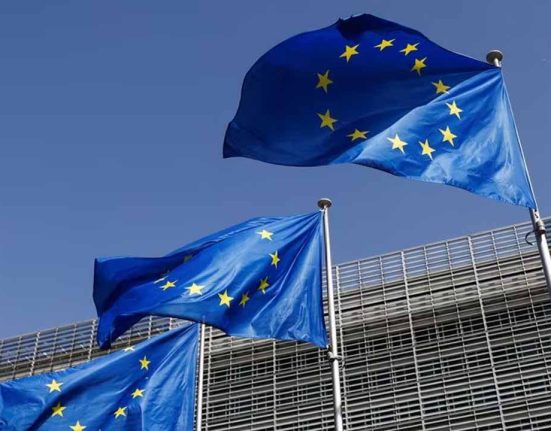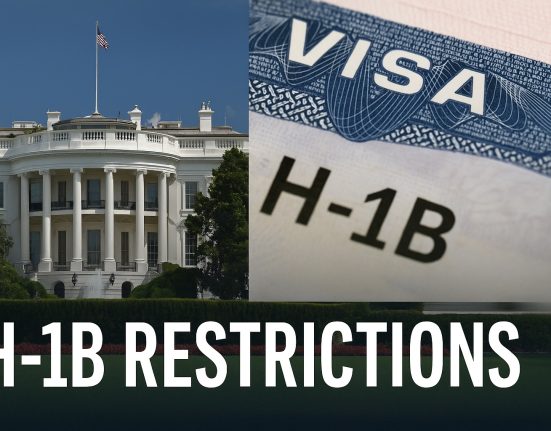Donald Trump’s tariff policies, which have been a hallmark of his presidency, trace their roots back to his views expressed decades earlier. In a 1988 appearance on The Oprah Winfrey Show, the then-42-year-old businessman criticized countries like Japan and Kuwait for benefiting from U.S. policies, accusing them of exploiting America’s open market. Trump’s rhetoric centered around the notion that the U.S. was a debtor nation, and yet, foreign nations, he argued, were flooding U.S. markets without reciprocation.
As the 47th President of the United States, Trump has now turned those sentiments into concrete policy actions. On April 2, 2025, he introduced a major overhaul of the U.S. tariff system, imposing a 10% baseline tariff on most imports. Countries with large trade surpluses with the U.S., such as China, face significantly higher tariffs, with Chinese goods now subject to a staggering 145% tariff. In retaliation, China has placed 125% tariffs on U.S. exports.
The president has articulated that the goal of these tariffs is to encourage Americans to buy domestically made products, bolster local industries, and protect jobs. Beyond that, the tariffs also serve as a form of economic leverage, pressuring other countries on issues like trade imbalances, national security, and migration policies.
What are Tariffs? Tariffs are essentially taxes imposed on goods imported from other countries. These taxes serve several purposes: generating government revenue, protecting local industries, and pressuring foreign governments to change certain policies. The amount of a tariff varies depending on the trade relationship between countries.
How Do Tariffs Work? Take, for example, a shipment of cement worth ₦100,000 from Nigeria’s Dangote group destined for Ghana. If Ghana imposes a 25% tariff on that shipment, the importer in Ghana would have to pay an additional ₦25,000, bringing the total cost to ₦125,000. This surcharge either drives up the cost for consumers or reduces the profit for Nigerian exporters, potentially causing them to reconsider their target markets. Tariffs can vary depending on trade agreements, political dynamics, or even retaliatory measures.
Trump’s approach, he claims, is designed to make imported goods more expensive, thereby encouraging consumers in the U.S. to purchase homegrown products. This, according to his administration, will lead to a resurgence of American manufacturing and job creation. Trump also uses tariffs to negotiate for other policy changes, as seen in his efforts to pressure Mexico and Canada on issues like drug trafficking and migration control.
How Trump’s Tariffs Affect Nigeria For Nigeria, Africa’s largest oil producer, Trump’s tariff policy has mixed implications. While the tariff regime specifically spares Nigeria’s oil and gas exports — which account for the vast majority of the country’s foreign exchange earnings — it imposes a significant tax on non-oil exports. Products like fertilizers, agricultural goods (including flour, live plants, and nuts), and lead, valued at over ₦323.96 billion, are now subject to tariffs ranging from 10% to 14%.
In 2024, Nigeria earned approximately ₦4.49 trillion from oil exports to the U.S., which remains unaffected by these new tariffs. However, Nigeria’s growing non-oil sector, particularly agricultural exports, now faces challenges due to the increased costs associated with the tariffs. For instance, fertilizers and urea, which contribute to around 2-3% of Nigeria’s exports to the U.S., could lose price competitiveness, impacting Nigeria’s ability to expand its export market.
What Is the Nigerian Government’s Response? Dr. Jumoke Oduwole, Nigeria’s Minister of Trade and Investment, has acknowledged the risk posed to the country’s efforts to diversify its exports away from oil. She noted that non-oil products, especially those previously exempted under the African Growth and Opportunity Act (AGOA), now face tariffs that could undermine Nigeria’s trade competitiveness in the U.S. market. In response, the Nigerian government has initiated a review of the National Trade Policy to adjust to the evolving global trade dynamics.
Could There Be Any Positive Outcomes for Nigeria? Dele Alake, Nigeria’s Minister of Solid Minerals Development, sees a potential silver lining in the face of Trump’s tariff policy. He argues that the tariffs could serve as an opportunity for African countries to refocus their economic strategies. By fostering stronger intra-African trade and adding value to raw materials before exporting them, African nations could turn the current situation to their advantage.
Alake also criticized the long-standing economic model of exporting raw, unprocessed materials, a practice he referred to as “pit to port.” He emphasized that this model is no longer sustainable, and the current tariff changes may push African nations, including Nigeria, to invest in local processing industries that create jobs and add value to their resources.
While Trump’s tariff policies have led to trade tensions globally, the Nigerian government, along with other African leaders, may find this an opportunity to rethink their export strategies, reduce dependency on raw material exports, and strengthen the continent’s trade relations within itself.








Leave feedback about this